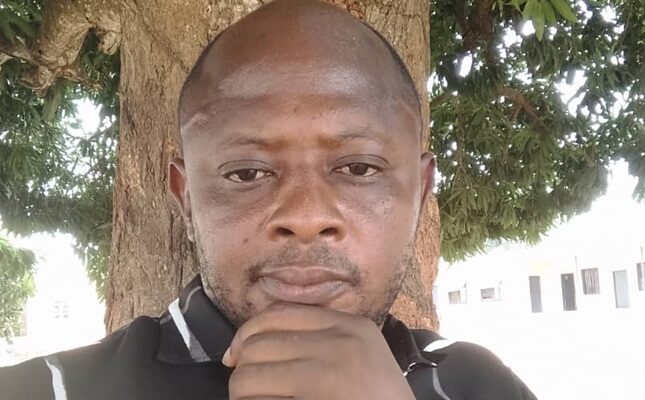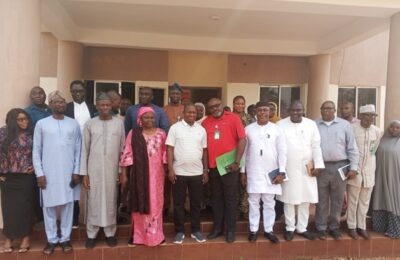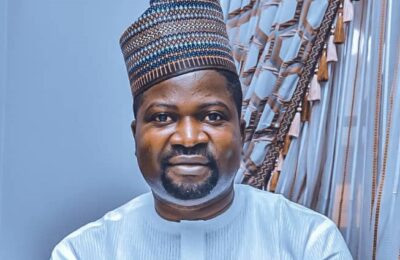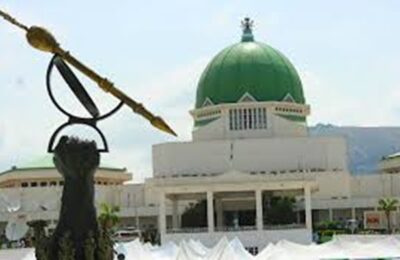Global outrage greets one shooting abroad, while Nigeria’s daily tragedies pass unmarked — exposing a nation’s crisis of empathy and accountability.
The world has mastered the art of selective mourning. When Charlie Kirk, the American conservative commentator, was shot, the news reverberated across continents. Networks rolled out special coverage, hashtags multiplied like wildfire, presidents drafted statements of sympathy, and analysts debated endlessly. Whatever one thinks of his politics, the event became a global interruption—a demonstration that human life still carries sacred weight in some places. Yet in Nigeria, death no longer interrupts life; it flows beside us like traffic, constant and unremarkable. A farmer hacked down on his field in Benue barely registers, a child wasting away from hunger in Borno is relegated to a line on page twelve, a mother bleeding to death on a maternity bed in Kano is remembered only by her family, and a man collapsing on the streets of Lagos is stepped over as cars drive past. Here, death is no longer tragedy; it is background noise.
This contrast is more than ironic; it is scandalous, because it reveals a cruel arithmetic where one bullet in America outweighs a thousand graves in Nigeria. The true tragedy, however, is not the world’s indifference but Nigeria’s. A nation that does not mourn itself cannot expect the world to mourn it, and until Nigeria rediscovers pity, the Nigeria of our dreams will remain exiled in imagination. For leadership has perfected selective mourning, shedding crocodile tears when disasters occur abroad but remaining mute when tragedy unfolds at home, issuing statements when foreign dignitaries die but ignoring villagers slaughtered in Zamfara, dispatching delegations to foreign funerals yet never sparing a minute for mass burials in Plateau. This is not governance but political theatre. Bishop David Oyedepo once thundered: “A leader who cannot feel the pain of the people has lost the right to govern them.” By that measure, Nigeria’s leadership long forfeited its legitimacy, for the Nigeria of our dreams cannot be built on a foundation where human life is weighed against political advantage but must instead rest on leadership that trembles whenever its citizens bleed.
And yet leadership alone is not the villain, for society itself has hardened. Nigerians who once embodied communal warmth now display chilling indifference, scrolling past tragedy as though it were mere entertainment. A bomb goes off and within two days football gossip replaces it; bandits raid a school and the outrage trends for hours before fading into celebrity chatter. We have normalized calamity, proving true the Igala proverb: “When death becomes a daily visitor, mourning turns to silence.” That silence now defines us. We bury the dead without pausing, we see coffins without crying, we accept graves as though they were extensions of the highway. But in the Nigeria of my dreams, silence must give way to empathy, and empathy must find expression in action.
Of course, the hypocrisy of global sympathy is glaring. When Notre Dame Cathedral burned, billions were pledged overnight. When hurricanes strike America, aid pours in unmeasured. Yet when Nigerian villages are wiped out, the world looks away. Philosopher Frantz Fanon warned that colonialism taught the world to value African lives cheaply, and that colonial ghost still lingers. But it would be too easy to heap blame on the world, because the painful truth is this: if Nigeria treats its dead like chickens, why should America treat them like eagles? Respect must begin at home, for the Nigeria of my dreams will not plead for global pity but command it by first dignifying its own.
And if religion was expected to rescue the soul of the nation, it too has drifted. Both Islam and Christianity hold life as sacred—the Qur’an declares: “Whoever kills a soul…it is as though he has slain all mankind; and whoever saves one, it is as though he has saved all mankind.” (Surah Al-Maidah 5:32), while Apostle Ayo Babalola taught that when one believer suffers, the whole body of Christ should groan. Yet in Nigeria, churches erect cathedrals, mosques expand courtyards, and the faithful walk past beggars unmoved. We have perfected the rituals of religion but abandoned its heart. Prophet TB Joshua once warned: “A nation dies when it stops caring for its weakest.” The Nigeria of my dreams will be religious not in noise but in mercy—a nation where faith bends toward the suffering, not away from them.
The result of this faithlessness and indifference is that Nigeria has become a graveyard without gravestones, where death is no longer an event but a rhythm. Hunger devours children daily, bandits raid homes weekly, poor health care wastes mothers hourly, and yet life goes on, unshaken and uninterrupted. We tell ourselves, “Na so we see am,” but that fatalism is our undoing. Hunger is not destiny but negligence; banditry is not fate but failure; death in bad hospitals is not God’s will but governance’s sin. Dr. Paul Enenche put it well: “What you don’t confront, you confirm; what you don’t resist, persists.” The Nigeria of my dreams is one that refuses to normalize calamity, one that confronts every wasted life as an indictment against leadership and society.
If every American shooting victim can be named, why can’t every Nigerian farmer slain be recorded? Why do cholera deaths remain uncounted, why do mass burials pass without documentation, why do tragedies vanish into silence? Memory is power, because numbers tell stories that denial cannot erase. The Nigeria of my dreams will build a national conscience of remembrance, recording every life wasted, every child lost, every mother gone. Leaders must be held accountable not only for corruption of money but for corruption of compassion. Until we demand this, our graves will continue to multiply unmarked, and our silence will continue to testify against us.
And so the path forward begins with rediscovering pity. A people must learn again to pause when one dies, for national mourning must not be reserved for elites. Imagine if every violent death was honored with a minute of silence across radio and television, if leaders visited victims’ families not with sirens but with sincerity. That would be the beginning of a new Nigeria. Yet rediscovering pity alone is not enough, for we must also dismantle fatalism. Nigerians must learn to resist abnormality, to speak, to protest, to record, to refuse silence. The Nigeria of my dreams is one where outrage is not a trend but a culture, where the cry of one child lost is treated as the cry of all.
Beyond this, we must insist on dignity, ensuring that our schools teach the sanctity of life, that our media highlights not only corruption scandals but human loss, and that our religious institutions revive mercy as the highest ritual. Let every Nigerian child grow up knowing their life is priceless, not expendable, and let the conscience of the nation be measured not in barrels of oil but in the worth it assigns to every citizen.
The shooting of Charlie Kirk should therefore not only remind us of the disparity in global empathy but also present a mirror. Why should the world pause for us if we do not pause for ourselves? Why do we call the world hypocritical when we ourselves are hardened? Why do we demand pity abroad when we deny it at home? Imam Al-Ghazali said: “The worth of a man is in what he values.” If Nigeria values oil above people, politics above pity, and power above compassion, then Nigeria will reap graves more than glory. But if Nigeria learns again to value life consistently, then it will command respect globally.
The Nigeria of my dreams is not a utopia floating beyond reach; it is a present reality waiting to be claimed, if only we will choose to weep again, to honor our dead, and to guard our living. Until then, silence will remain our loudest tragedy, and the graves of the forgotten will continue to mock our humanity.
– Inah Boniface Ocholi writes from Ayah – Igalamela/Odolu LGA, Kogi state.
08152094428 (SMS Only)




